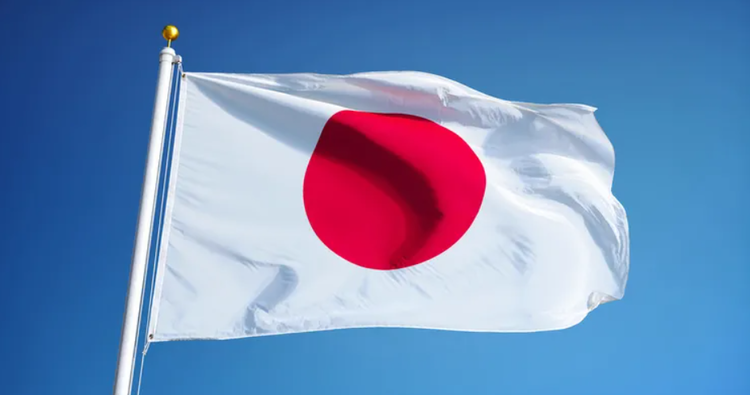The Japan External Trade Organisation (JETRO) has announced its intent to establish partnerships with Nigerian startups, predominantly within the technology sector. During the inaugural ceremony of the Lagos International Trade Fair on November 1, JETRO’s Managing Director and Trade Commissioner, Takeshi Oku, emphasized Japan’s ongoing dedication to strengthening its economic ties with Nigeria, which is recognized as Africa’s largest economy. Oku articulated Japan’s focused efforts to increase its presence in the Nigerian market, citing the country as a critical gateway to the broader West African region. He noted that Japan’s commitment to fostering robust trade relations with Nigeria reflects the strategic importance ascribed to the nation in Japan’s broader African engagement strategy.
Okus’s remarks during the trade fair underscored the significance of this annual event, which showcased approximately 41 Japanese companies and operated under the theme “Connecting Businesses, Creating Value.” This marks the ninth participation of Japanese businesses in the trade fair, signaling a burgeoning interest among Japanese enterprises in Nigeria’s market. The influx of Japanese companies participating in the event illustrates a tangible commitment to enhancing bilateral trade relations, which Oku described as “very huge.” The positive trajectory of participation in the fair points to a synergy that could lead to mutually beneficial economic exchanges.
In an effort to further facilitate collaboration, JETRO has introduced a targeted initiative aimed at promoting partnerships between Japanese and Nigerian startups. This initiative underscores JETRO’s mission to foster beneficial collaborations, particularly in technology, which is identified as a vital area for growth and innovation. Oku’s assertion that enhancing collaboration between these two nations’ startups can lead to substantial economic opportunities resonates with the broader objectives of both countries in technological advancement and entrepreneurship.
Japan’s investment footprint in Nigeria was also highlighted by Oku, who provided examples of established Japanese brands across various sectors, including automobiles, food, and beverages. He noted that companies like Ajinomoto, a well-known food seasoning enterprise, have successfully set up local operations, showcasing Japan’s long-term commitment to Nigeria’s market. The establishment of local factories not only generates employment but also indicates a shift towards localization, which is crucial for sustainable economic relations and industrial development in Nigeria.
Moreover, Oku hinted at future developments, mentioning a new factory being inaugurated by a Japanese beverage company in Ogun State. This revelation emphasizes the ongoing and future potential of Japanese investments in Nigeria, reinforcing the notion that Japanese companies are serious about their commitment to the Nigerian market. Such investments could play a pivotal role in diversifying Nigeria’s economy, thereby bolstering the nation’s ambition to become a major player in the global market.
In conclusion, the expressed interest from JETRO in forging partnerships with Nigerian startups aligns with Nigeria’s positioning as a vital player in the West African economy. The participation of a significant number of Japanese companies at the Lagos International Trade Fair exemplifies a growing trend of Japanese investment in various sectors, particularly technology. Through fostering collaborations and enhancing existing trade relations, both Nigerian and Japanese enterprises stand to gain invaluable economic benefits. These developments not only reflect Japan’s strategic commitment to deepening ties with Nigeria but also highlight the critical opportunities that lie ahead for startups and established businesses alike in both countries.


